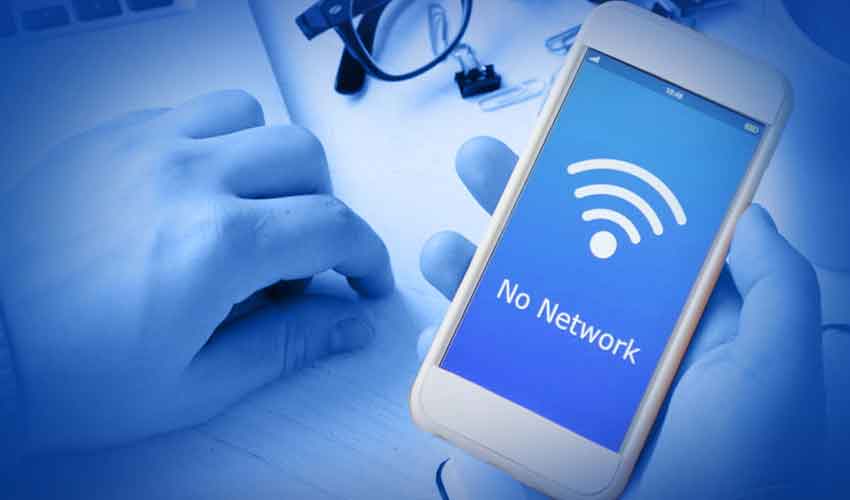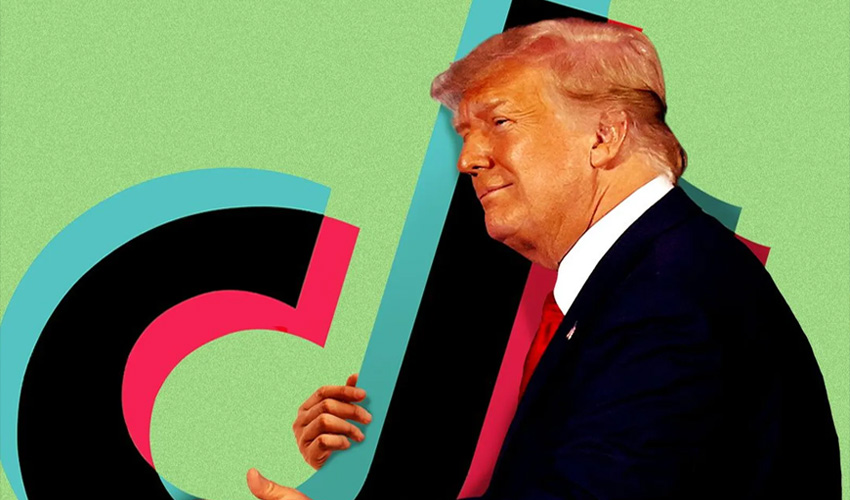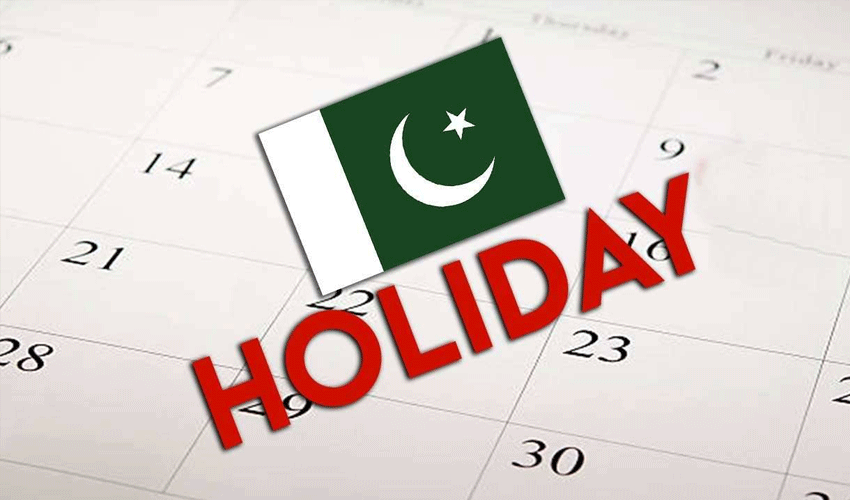Internet speed has started improving in the twin cities of Rawalpindi and Islamabad, however, slow internet continues to disrupt daily life and work in several other cities, including Lahore.
Students, freelancers, and businesses remain severely affected by the ongoing internet slowdown, with many facing difficulties accessing social media and online platforms.
The Pakistan Telecommunication Authority (PTA) has yet to identify or announce the reasons behind the disruption.
Impact on Multan
In Multan, the internet slowdown has paralysed online work and business activities. Freelancers and entrepreneurs with international clients report severe communication issues, resulting in halted projects and financial losses.
“We are unable to deliver work to our international clients, nor can they contact us,” said a local freelancer. E-commerce activities have also been severely impacted, with many businesses forced to shift operations abroad to avoid further losses.
“Work from home has stopped, and millions have been lost over the past 15 days,” lamented another affected user.
A day ago, it was reported that internet users across Pakistan, including Karachi, Islamabad, Lahore and Rawalpindi, were experiencing slow internet speed, causing widespread frustration and disrupting daily activities. Popular social media platforms such as Facebook, Instagram, and WhatsApp were particularly affected, with many users unable to upload or download photos and videos.
Also Read: Major internet slowdown in Pakistan: Here's update
According to reports, the disruptions forced users to rely on Virtual Private Networks (VPNs) to access social media platforms. However, VPN services were also reportedly down in several areas, compounding the problems faced by freelancers, businessmen, and students.
Citizens expressed significant concern over the situation, with browsing and WhatsApp downloads virtually non-functional in many regions. "I can’t run my online business effectively," said a Karachi-based entrepreneur who relies on WhatsApp for client communication.
Minister attributes issues to security concerns
Minister of State for Information Technology Shaza Fatima attributed the disruptions partly to the blocking of the social media platform X (formerly Twitter) on the instructions of the Interior Ministry. She clarified that the platform was used by less than 2% of Pakistan’s population, and its closure did not infringe on freedom of expression.
“Cybersecurity threats are a daily reality in the country. Where national security is concerned, the Interior Ministry directs the Pakistan Telecommunication Authority (PTA),” she claimed.



























